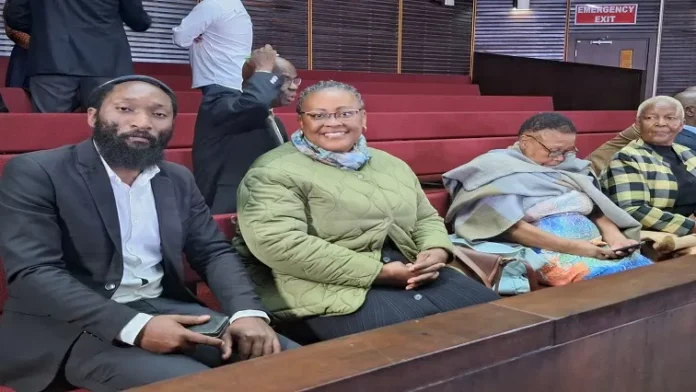Chief Albert Luthuli, a prominent leader in the struggle against apartheid in South Africa, was tragically killed in 1967 after being struck by a goods train at Groutville. This shocking event sent shockwaves throughout the country and left a void in the hearts of many who had looked up to him as a beacon of hope and inspiration.
Born in 1898 in the small village of Groutville, Chief Luthuli was a man of great courage and determination. He was a teacher by profession, but his passion for justice and equality led him to become involved in the African National Congress (ANC) in the 1940s. He rose through the ranks and eventually became the president of the organization in 1952.
Chief Luthuli was a firm believer in non-violent resistance and used his position as a leader to advocate for peaceful protests against the oppressive apartheid regime. He was a strong advocate for the rights of all South Africans, regardless of race, and worked tirelessly to bring about change in the country.
His efforts did not go unnoticed, and in 1960, Chief Luthuli was awarded the Nobel Peace Prize for his non-violent struggle against apartheid. This made him the first African to receive this prestigious award and brought international attention to the injustices happening in South Africa.
However, his fight for freedom and equality came to a tragic end on July 21, 1967. Chief Luthuli was walking near the railway tracks in Groutville when he was struck by a goods train. The circumstances surrounding his death are still unclear, and there are many theories about what really happened on that fateful day.
Some believe that he was deliberately pushed onto the tracks by the apartheid government, while others suggest that it was an unfortunate accident. Whatever the case may be, the loss of Chief Luthuli was deeply felt by the entire nation.
His funeral was attended by thousands of people from all walks of life, including government officials, activists, and ordinary citizens. It was a testament to the impact he had on the people of South Africa and the world. His legacy continues to live on, and he is remembered as a hero who dedicated his life to the fight against injustice.
Chief Luthuli’s death was a significant blow to the anti-apartheid movement, but it also served as a catalyst for change. It brought renewed determination and unity among those fighting for freedom, and his death was not in vain.
Today, Chief Luthuli’s home in Groutville has been turned into a museum, and it stands as a reminder of his life and legacy. Visitors can learn about his contributions to the struggle against apartheid and the impact he had on the country.
In conclusion, Chief Albert Luthuli was a remarkable leader who inspired many with his courage, determination, and unwavering commitment to justice and equality. His death may have been a tragedy, but his legacy lives on, and he will always be remembered as a hero in the fight against apartheid.

